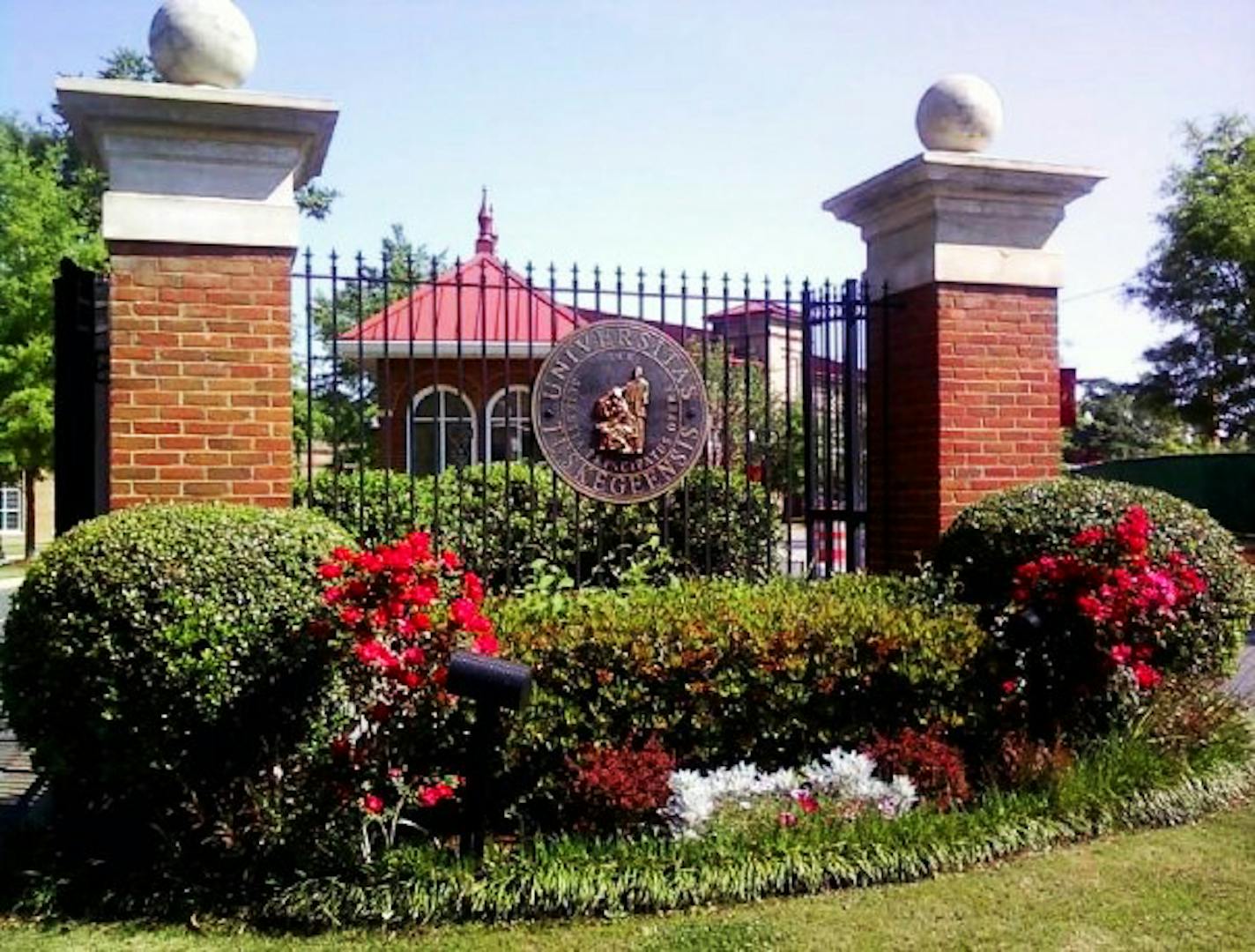By Jhaelynn Elam
Across the country, we are witnessing a troubling trend: the rollback of diversity, equity and inclusion (DEI) initiatives, the gutting of affirmative action and a growing push to erase discussions of race from education and corporate spaces. Black professionals are being told — implicitly and explicitly — that their presence, experiences and advancement are no longer a priority. In this moment, it is more important than ever to create and sustain spaces that center and empower us.
I know firsthand the power of such spaces. When I stepped onto the campus of Tuskegee University in Alabama as a freshman, I experienced a level of welcome I had never before known. The university, one of the nation’s 100-plus Historically Black Colleges and Universities (HBCUs), was more than just a place of learning. It was a community built on affirmation. Upperclassmen, serving as student ambassadors, cheered and guided us through the tradition of orientation week. Members of National Pan-Hellenic Council fraternities helped new students move into their dorms. But it wasn’t just the warmth of the welcome that struck me — it was the overwhelming sense of belonging.
Anyone who claims that HBCUs lack diversity has clearly never stepped foot on one. My incoming class was made up of Black students from all over the country and the world. The accents ranged from the quick cadence of New Yorkers to the slow, melodic drawls of the South, interwoven with Caribbean dialects. The campus was a canvas of self-expression — tailored suits coexisted with streetwear and afros gave way to braids, headwraps or sleek, pressed hair. The freedom to define ourselves on our own terms was something I hadn’t fully experienced until I arrived at Tuskegee.
More than anything, HBCUs provide an environment where Black students can show up as their whole selves without fear of judgment. It didn’t matter if I wrapped my hair in a scarf on days when I was too exhausted to style it or if I meticulously planned every outfit. I didn’t have to navigate the exhausting dance of code-switching or worry about whether my natural curls would be seen as “unprofessional.” I was free to focus on what truly mattered: learning, growing and thriving.
HBCUs like Tuskegee have a proven track record of producing some of the most successful Black professionals across industries. Though they make up just 3% of all U.S. colleges and universities, HBCUs enroll 10% of all Black students and produce nearly 20% of all Black graduates — an outsized impact that cannot be overstated. In addition, about 70% of Black doctors and dentists, nearly 50% of Black engineers, 50% of Black public school teachers and 80% of Black judges went to HBCUs.
These statistics prove something critical: Environment and culture matter. HBCUs are powerhouses of opportunity that cultivate leaders, innovators and change-makers at a rate far beyond their size. When Black professionals are placed in environments that affirm their identities, respect their experiences and provide the resources needed for success, they excel.
I reflect on this now, in a moment when so many of the promises made to Black communities in 2020 have been abandoned. When I moved to the Twin Cities for work in April 2021, the weight of that moment was impossible to ignore. Just a week after I arrived, my apartment building was boarded up as the city braced for the jury’s verdict in Derek Chauvin’s trial for the murder of George Floyd. On April 20, 2021, Chauvin was convicted on all counts, a ruling that many hoped would mark a turning point. That same murder had sparked a global uprising and pushed corporations to pledge sweeping DEI commitments. Now, just a few years later, many of those same companies are rolling back their promises. The progress that once felt inevitable is slipping away.
A 2017 survey by Greater MSP found that two of the primary reasons professionals of color leave the Twin Cities is the lack of community and culturally specific spaces. Eight years later, the results of this survey — and the impact of this lack of retention — are still evident. I knew that if I wanted to stay, I had to be part of creating the spaces I longed for.
In 2022, I began working on The B Suite as a concept, and in 2023 we opened our doors as a co-working space and cultural hub that centers Black professionals. At its core, The B Suite is about belonging. It’s about walking into a space where you don’t have to shrink yourself or explain why you need to be there. It is about ensuring that people of color don’t just find jobs here but find a reason to stay.
When we create and invest in spaces that affirm and uplift Black professionals, we’re not just investing in our community — we’re committing to sustaining our presence and progress beyond the shifts happening around us. While others retreat, we double down, ensuring that what we build endures.

